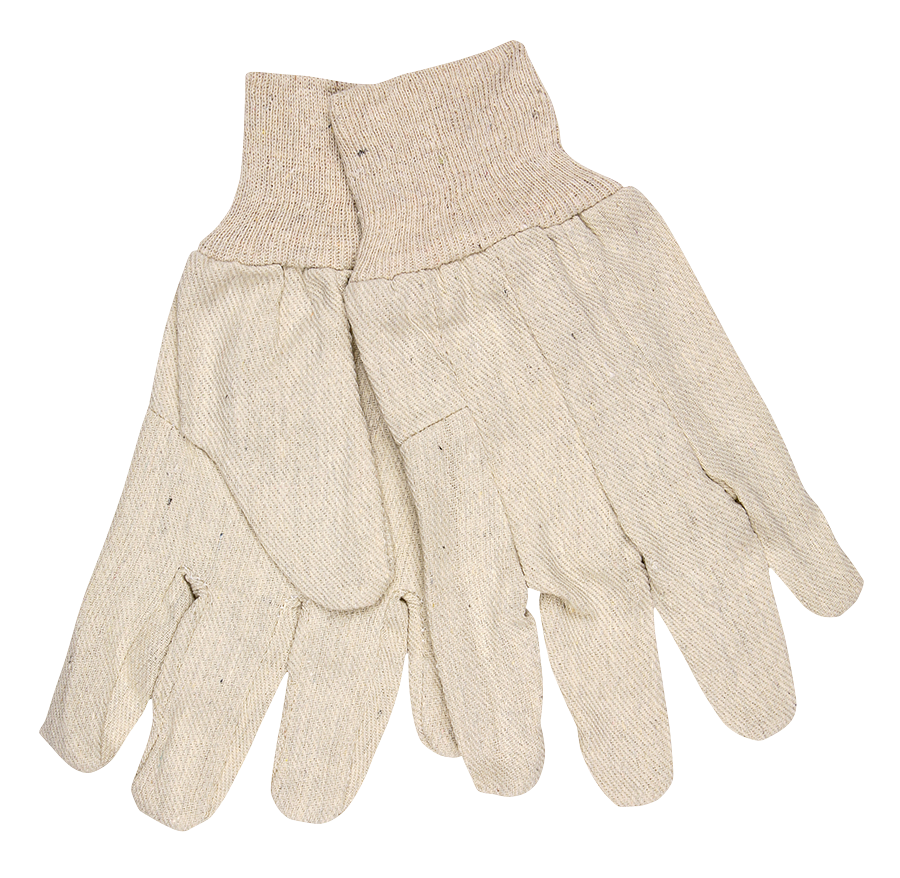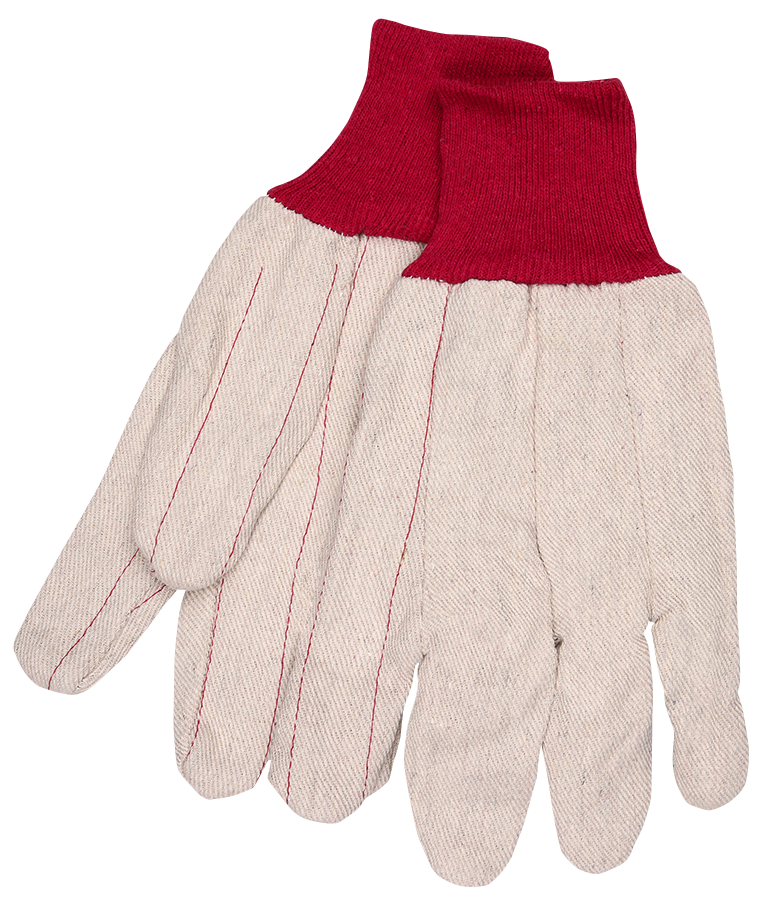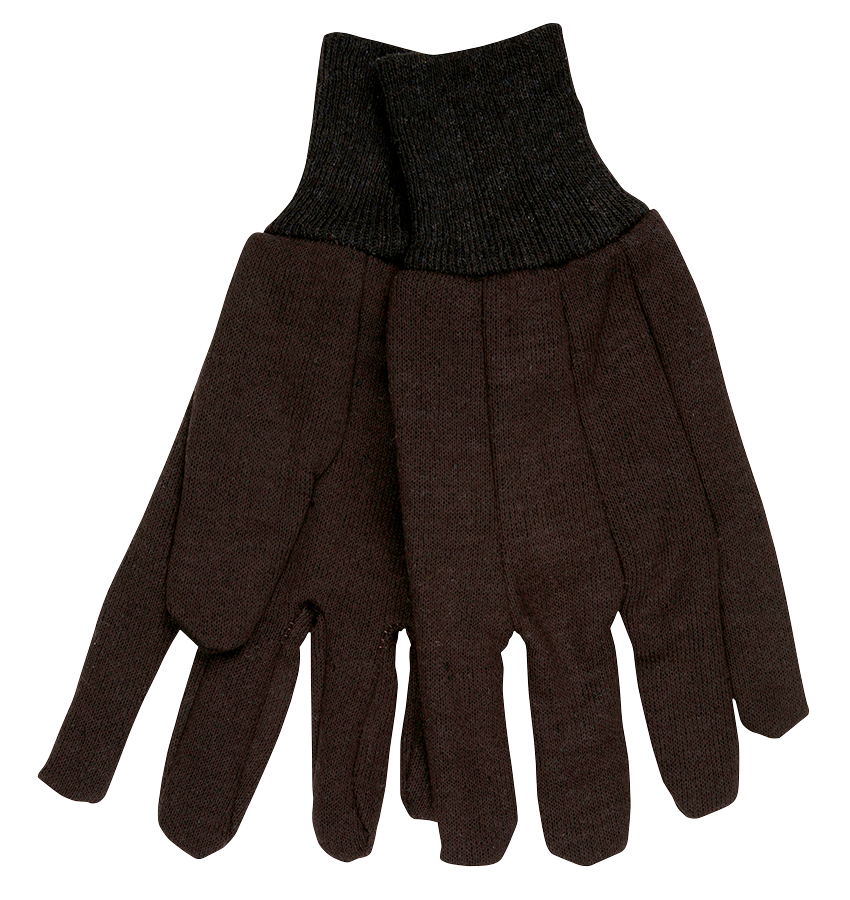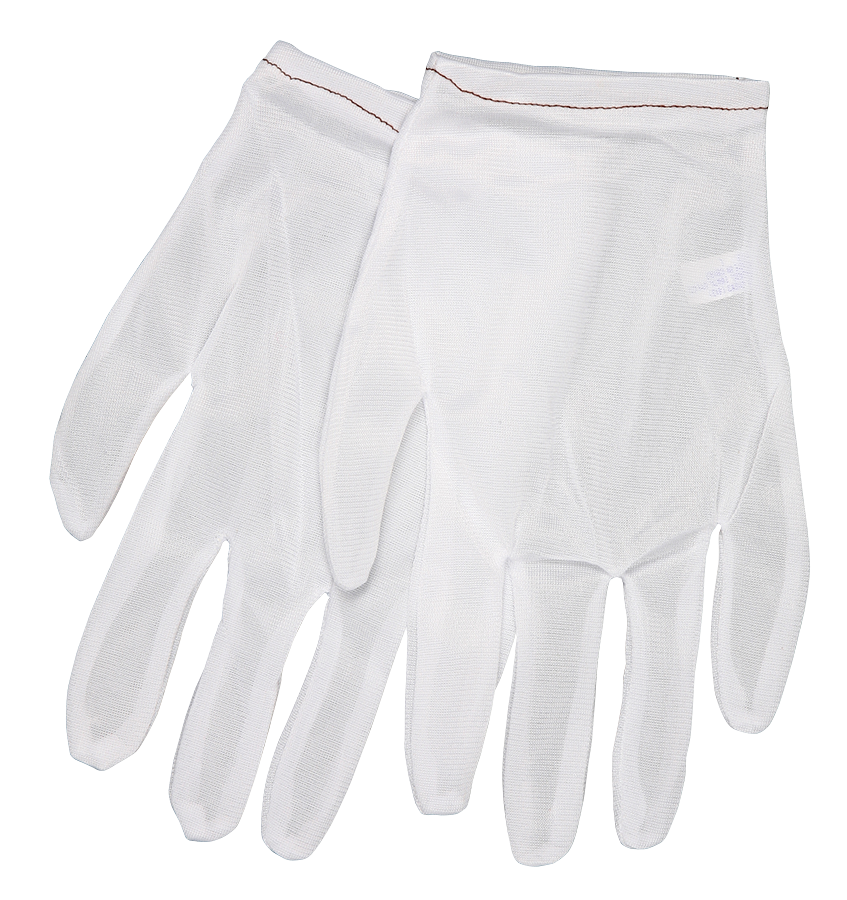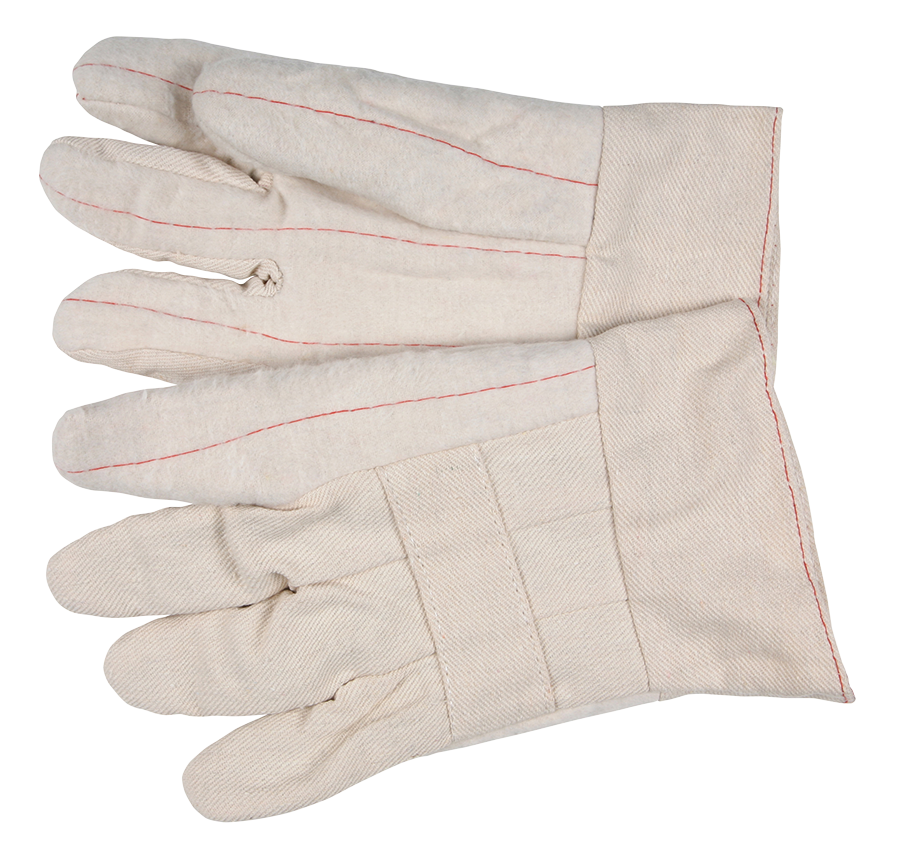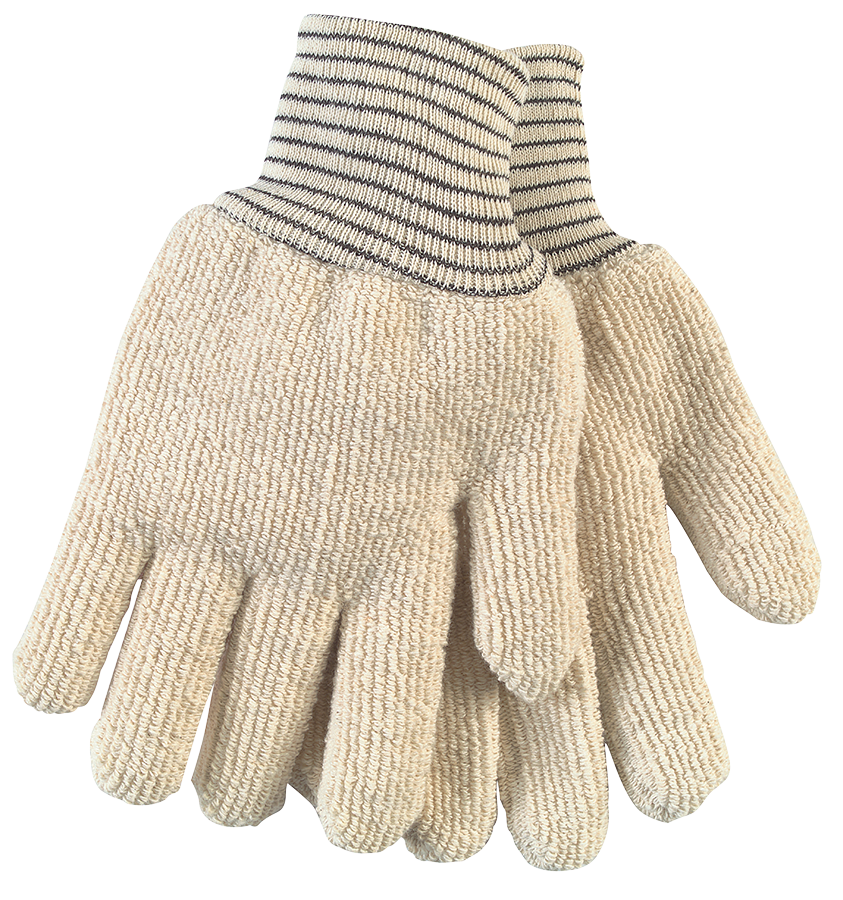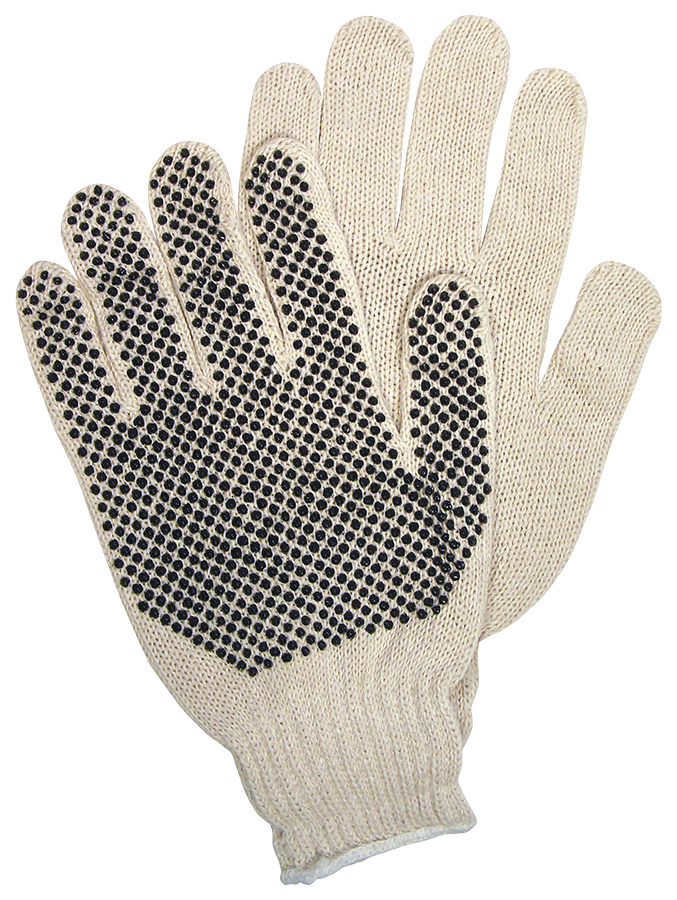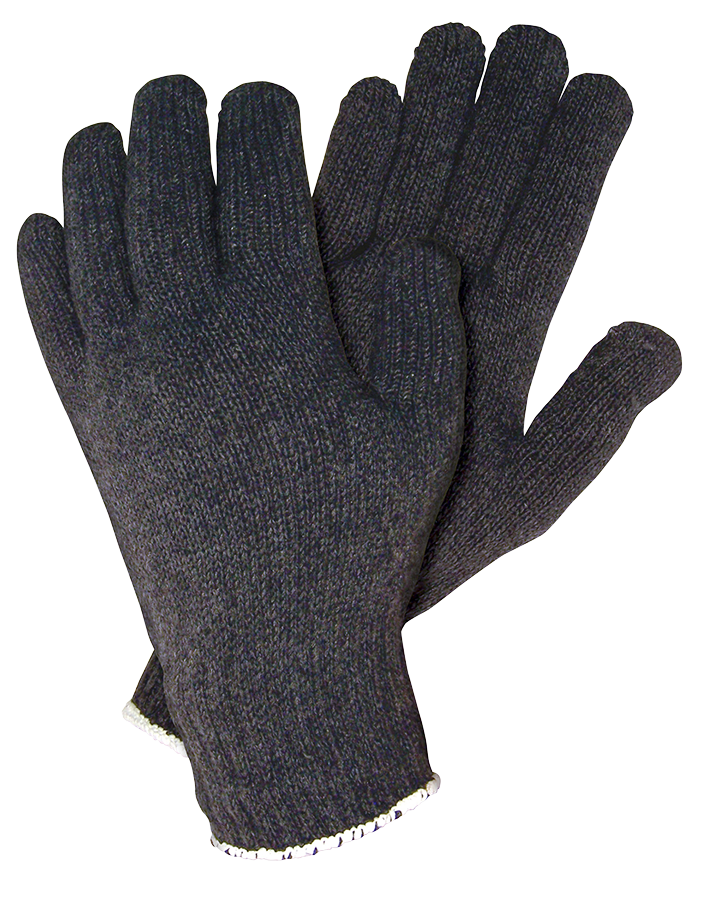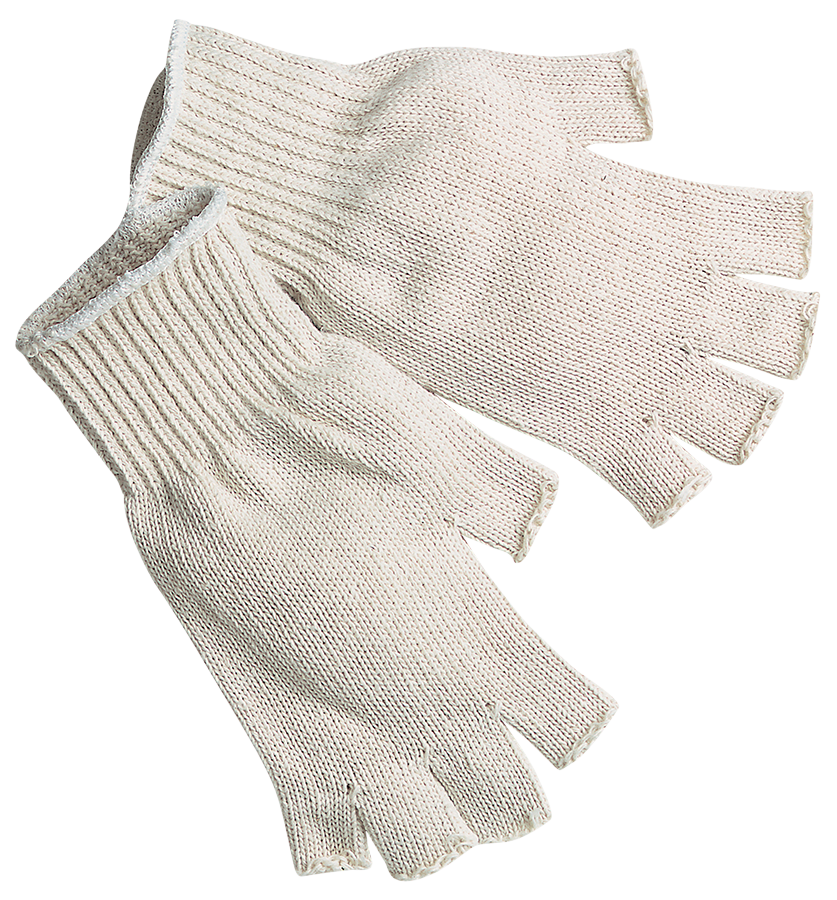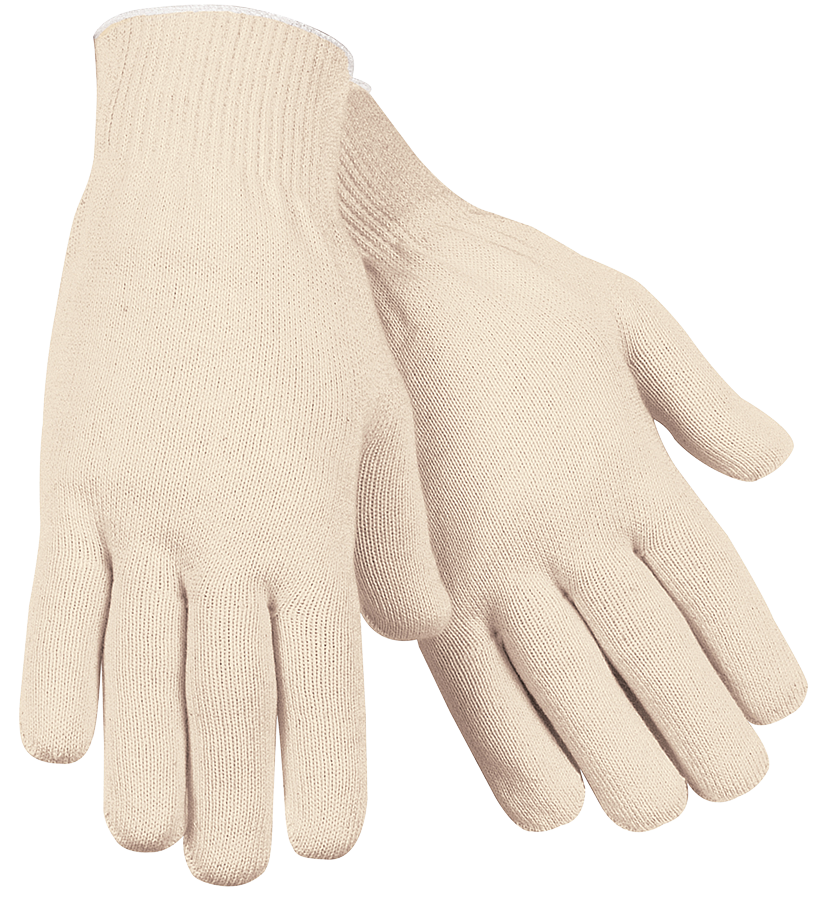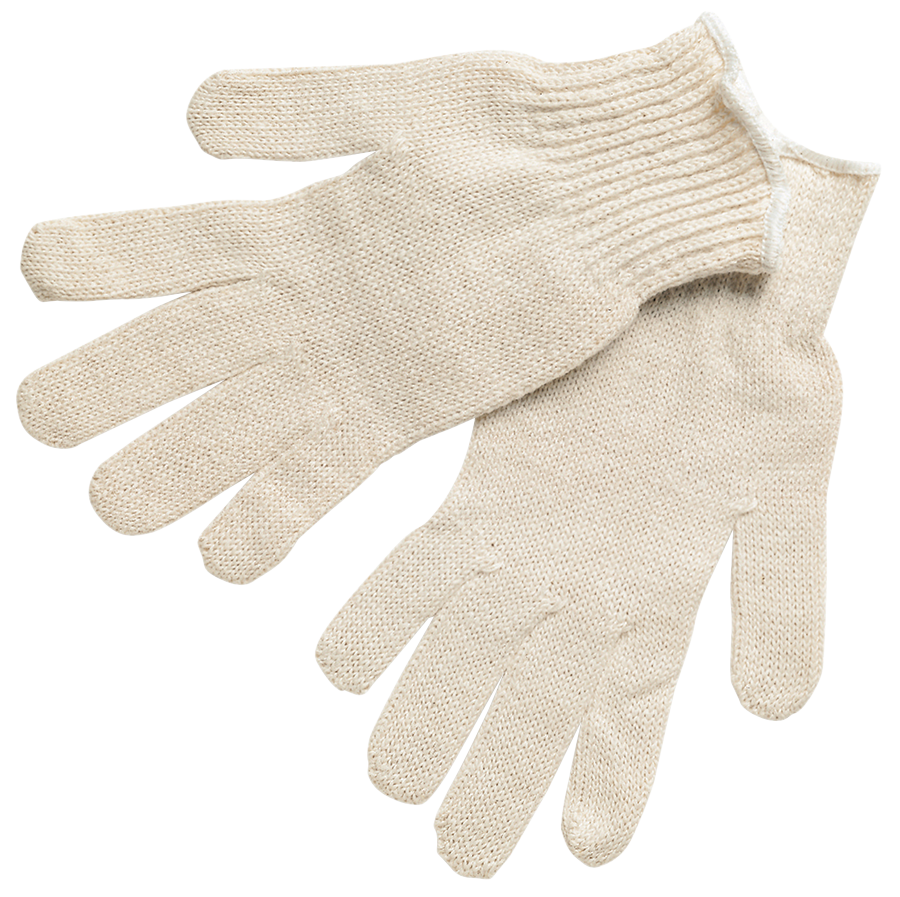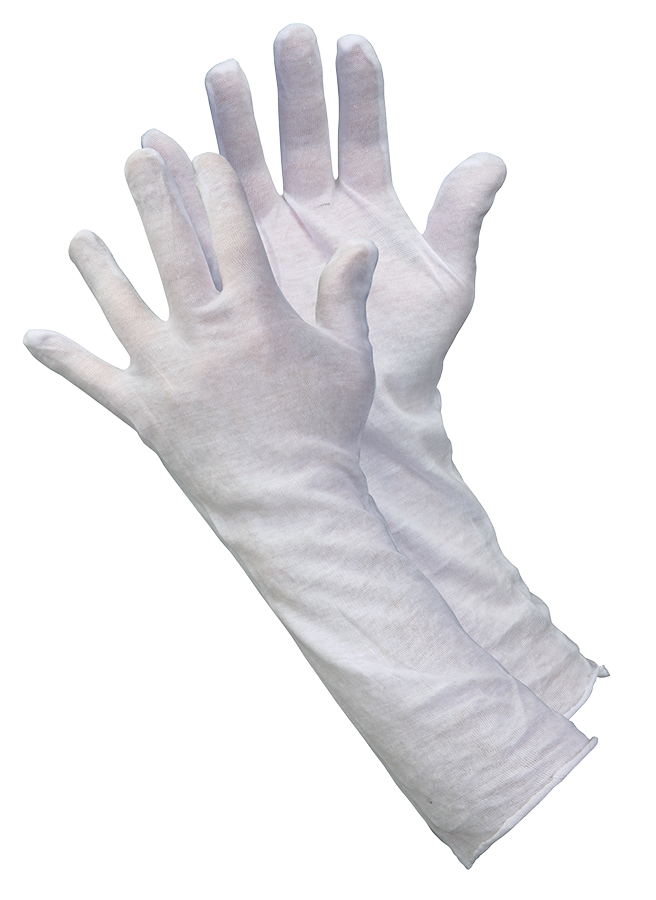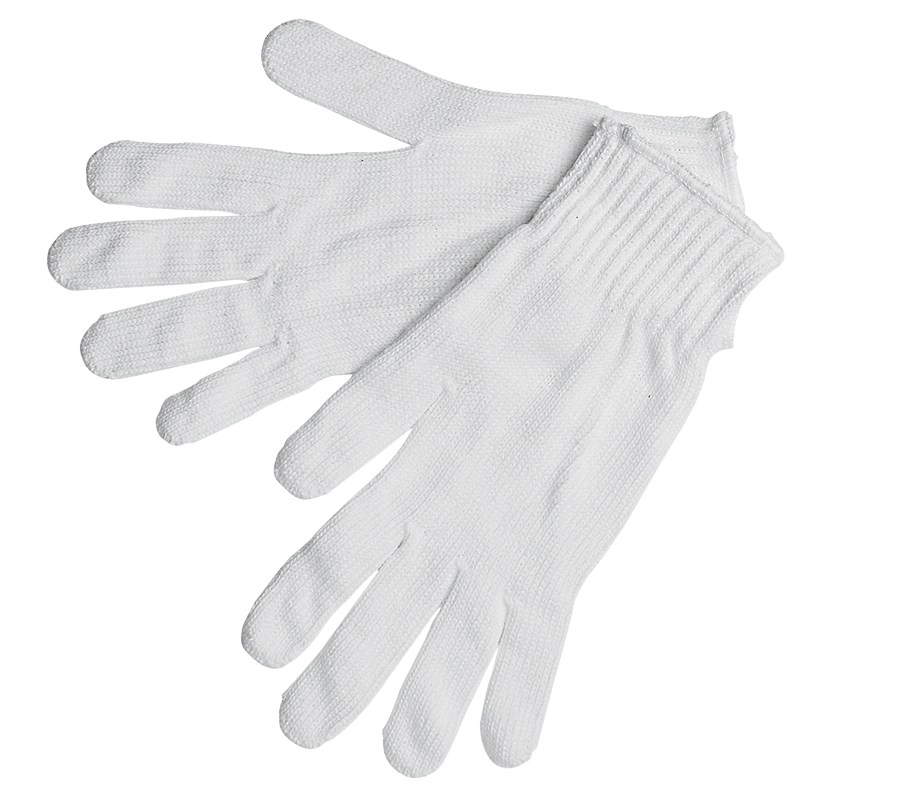Covering the World of Cotton and Cotton Gloves
Posted by Anthony Webb on Dec 5th 2024
Long before there were work gloves made with DuPont™ Kevlar®, HPPE, nylon, or nitrile, only two primary materials were used to cover and protect a worker's hands: leather and cotton. That was it; workers had only two options to consider. When you look at our glove lineup today, it's hard to imagine selecting from only two, as now there are thousands of different SKUs featuring a multitude of materials.
New high-performance materials have replaced many cotton gloves workers once wore, primarily due to better cut-resistant properties. However, cotton gloves still serve as vital protection for many modern workers, and for a good reason. One benefit is the fact that cotton remains a low-cost option. Cotton also provides some inherent qualities, like heat-resistance, that make it ideal for workers concerned about burn injuries.
Cotton material has been a go-to material for centuries and has a long legacy of use in everything from clothing to canvas to cording. The material is used to manufacture absorbent towels, durable clothing, and comfortable bed linen. Elements of the cotton plant are also found in less commonly considered places like coffee filters and food products.
In this article, we will highlight the benefits of cotton, especially within work gloves. We will also share with you some of the best cotton gloves we offer.
The Benefits of Cotton
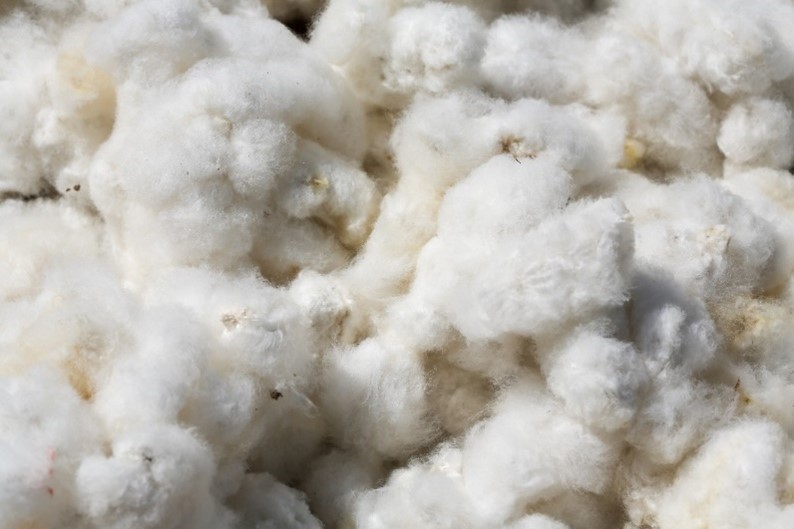
What makes cotton ideal for use in clothing? The number one benefit of cotton is its versatility. Cotton fibers can easily be blended with other fibers, such as polyester, to create various materials offering different benefits. Cotton is also exceptionally comfortable and highly durable due to the cotton plant's strong cellular structure. These qualities make it the ideal material for daily clothing.
Here are some of the many reasons cotton is a preferred clothing material:
- Breathable
- Easily made into different weights
- Effortlessly dyed
- Environmentally friendly
- Inexpensive compared to other fibers
- Highly durable
- Lightweight
- Retains colors
- Soft to the touch
Many of these benefits are what make cotton an ideal material for manufacturing work gloves.
Work Gloves
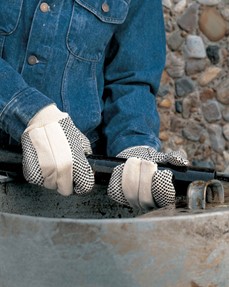
Cotton is truly one of the best materials to make personal protective gloves. No artificial material has the genuine feel that cotton offers. Plus, it is highly advantageous in work settings where heat protection is necessary. When you look at some of the heat-level scores from our ITC lab, cotton canvas and terrycloth styles are rated level 5.
Here are some of the numerous advantages offered by cotton gloves:
- Affordable source of personal protective equipment (PPE)
- Absorb perspiration
- Keep hands clean, especially from dirt
- Easily laundered
- Protect against abrasion injuries
- Prevent sweat when used as a liner
- Lower the carbon footprint
- Protect delicate products by preventing fingerprints and skin oils from touching them
- Soft feel ensures all-day comfort
- The breathability of cotton keeps hands cool during hot summer months
We mentioned breathability above as one of the benefits of cotton. Keep in mind that cotton gloves keep your hands cool when it's hot outside, but also keep your hands warm when it's cold outside. This multi-function protection makes these gloves perfect for those who work outdoors in all weather conditions.
Manufacturing Overview
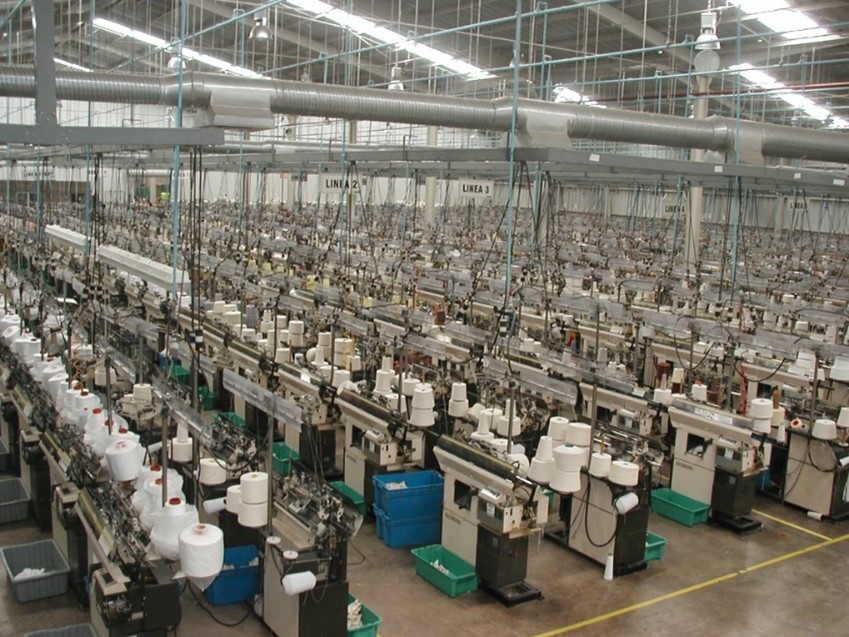
Producing a cotton glove involves many steps before a final glove is shipped out ready to wear:
- Cotton crops must be planted in hot, dry areas and eventually harvested.
- Fibers are separated from the plant and sent to yarn manufacturers, where raw cotton is spun into thread or turned into woven fabric.
- Cotton material makes its way to a manufacturing facility for glove production and is made into gloves in one of two ways: cut-n-sewn or knitted.
Cut-n-sewn styles, such as cotton jersey gloves, use fabric components sewn together on a sewing machine. This method is mainly used to create highly customized, multi-functional, fashionable-looking gloves.
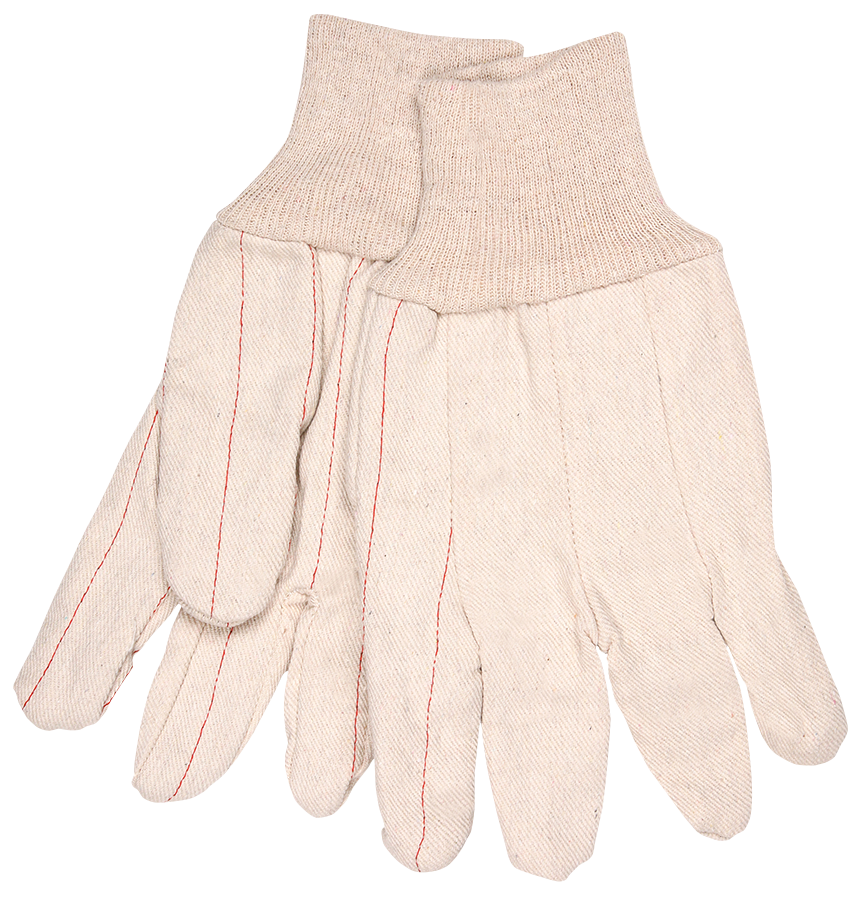
Cut-n-sewn cotton glove
- Seamless knitted styles, are made from manufactured cotton yarn by machines, as shown above. One advantage to this style is that there are no seams, making them more comfortable and form-fitting. Having no seams also ensures the gloves are less prone to tearing or separating.
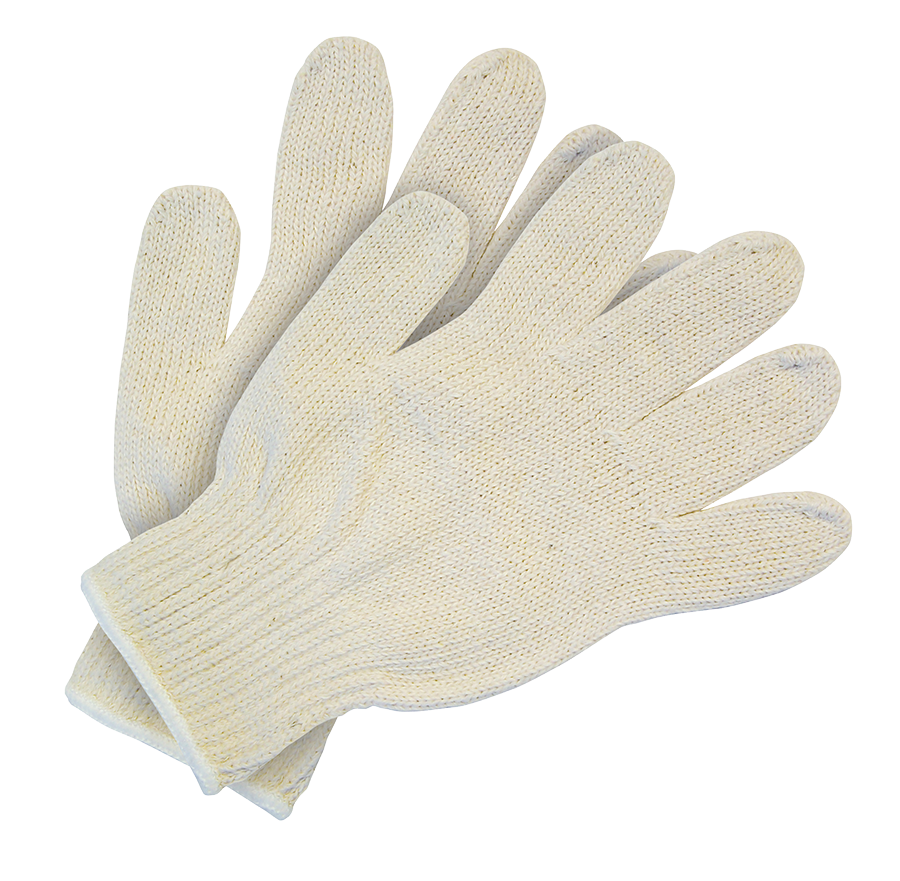
Knitted cotton glove
MCR Safety Manufacturing
![]()
MCR Safety has been knitting cotton gloves in directly-owned manufacturing facilities since 1987. Today, instead of using virgin cotton fibers, we regenerate cotton yarn at our manufacturing facility in Puebla, Mexico. We do this by utilizing leftover materials from the fashion industry, allowing us to create cotton string knit gloves through an environmentally-friendly manufacturing process. Most glove companies receive cotton yarn spools for glove production, which can drain natural resources. At MCR Safety, we recycle and repurpose cotton fibers by transforming items like cotton shirts into spun yarn. Think of it this way, instead of transforming raw cotton material into spun yarn, we're taking current cotton products and converting them into a completely different product – cotton work gloves.
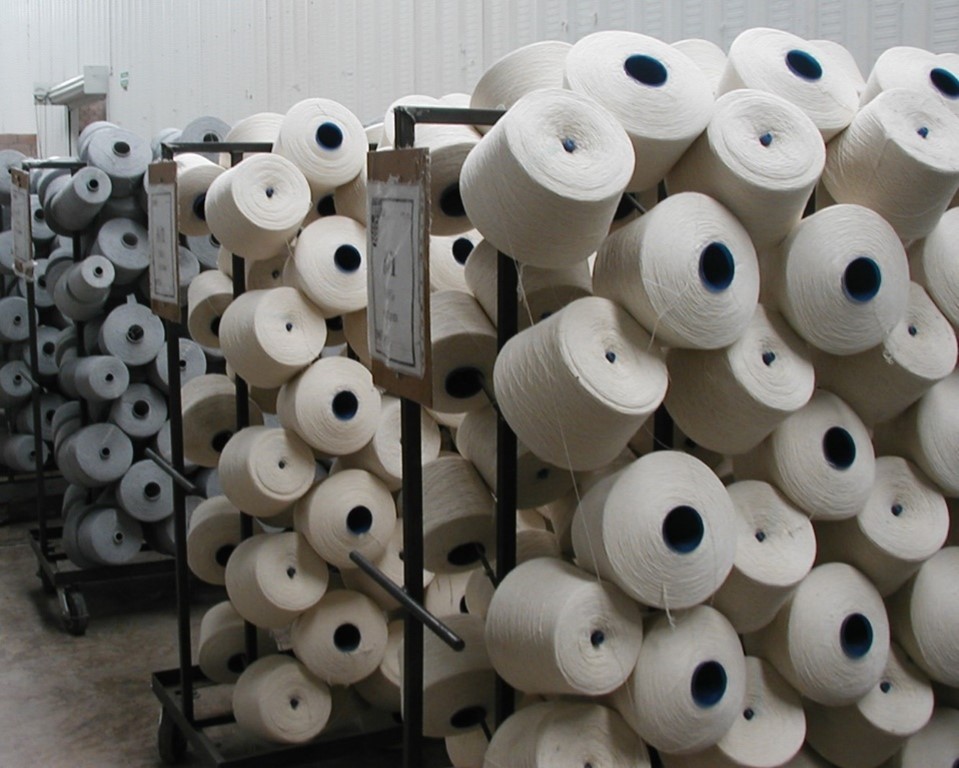
Spools of cotton yarn found at MCR Safety's knitting factory.
Our fully-integrated operation enables us to maintain low cotton string knit prices, even when cotton material costs may be increasing overall. From Puebla, we send the freshly spun cotton thread to our manufacturing facility in San Luis Potosi, Mexico, where over 1,000 knitting machines produce 3.7 million pairs of work gloves every month.
For those curious individuals out there, it takes 2 ½ minutes for a machine to knit one glove.
What Industries Use Cotton Gloves
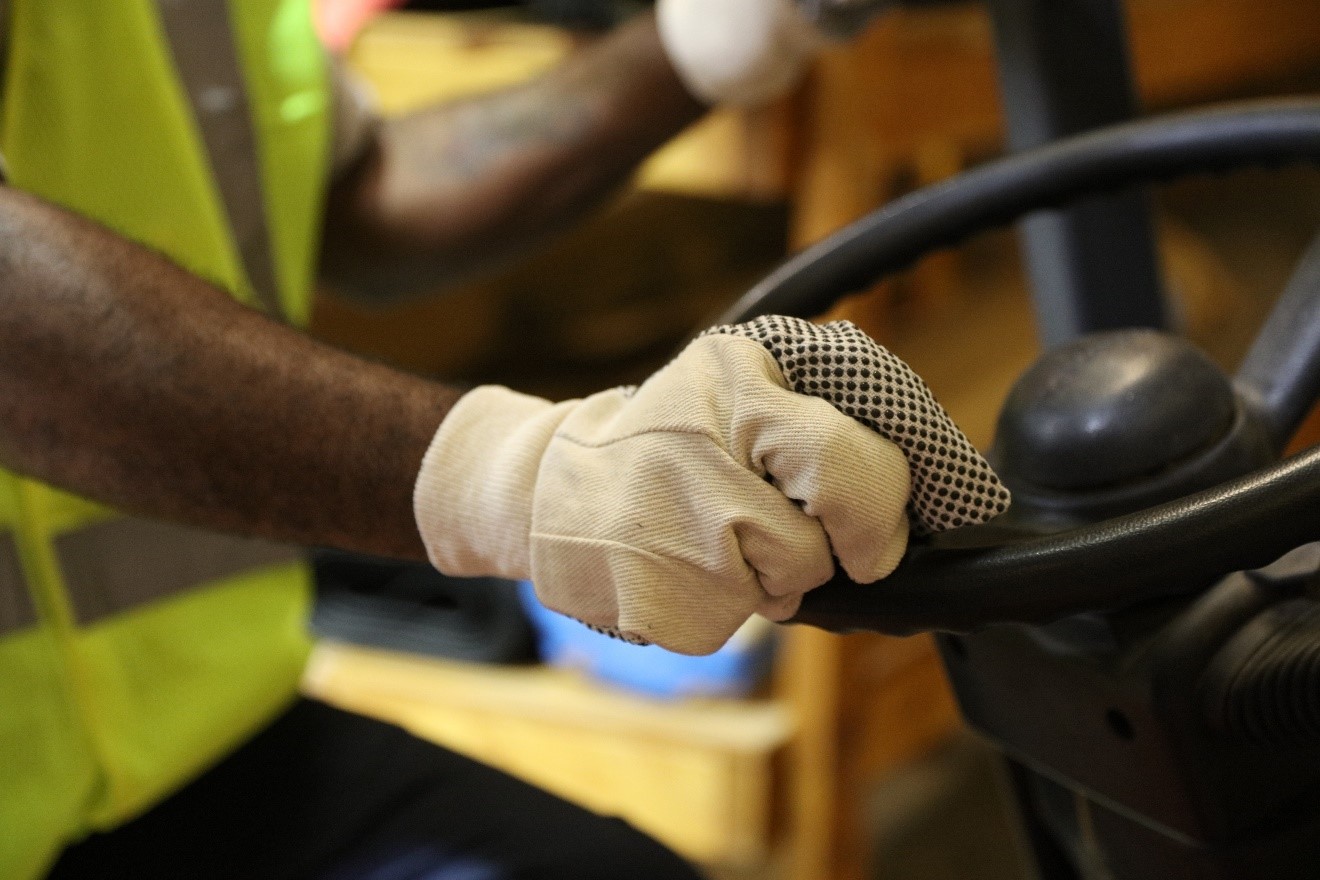
Cotton work gloves are among the most common types of personal protective equipment (PPE) worn during general work functions.
Some industries that use cotton work gloves include:
- Automotive – worn during plastic injection molding operations, and for parts handling
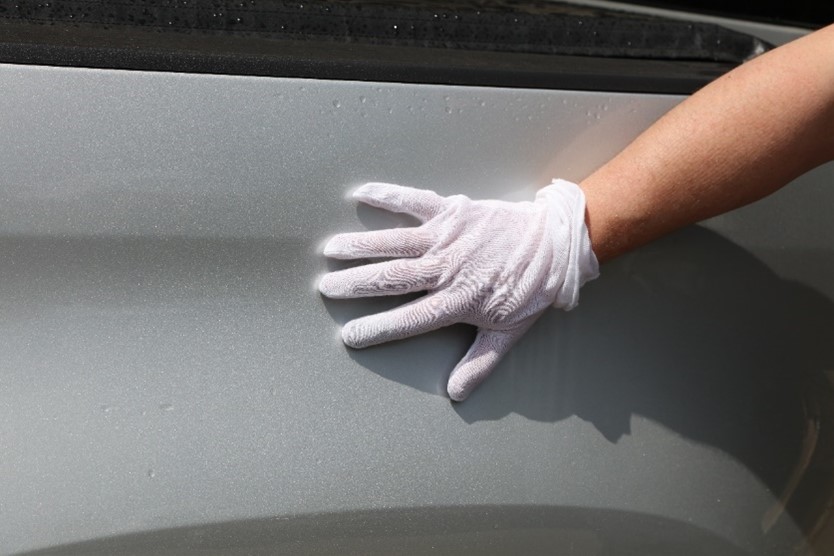
Inspector gloves are often used for quality control.
- Agriculture – worn when handling or harvesting crops
- Construction – worn during painting activities
- Electronics – worn when handling components
- Inspection – worn while performing quality checks
- Food - worn by bakers cooking around hot stoves and by individuals cooking barbeque
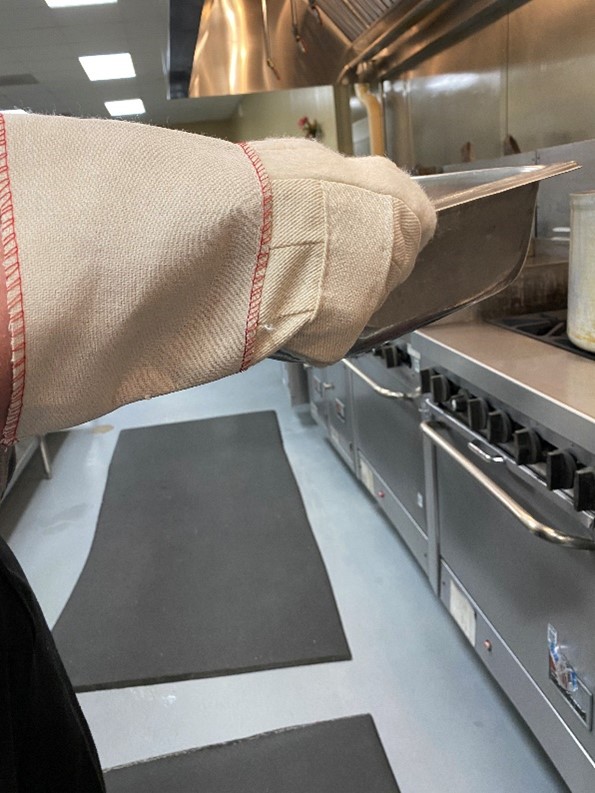
Cotton hot mills are perfect for those working in kitchens.
- Foundry – worn when casting metals and other high-heat applications
- Landscaping - worn when working around dirt and during gardening activities
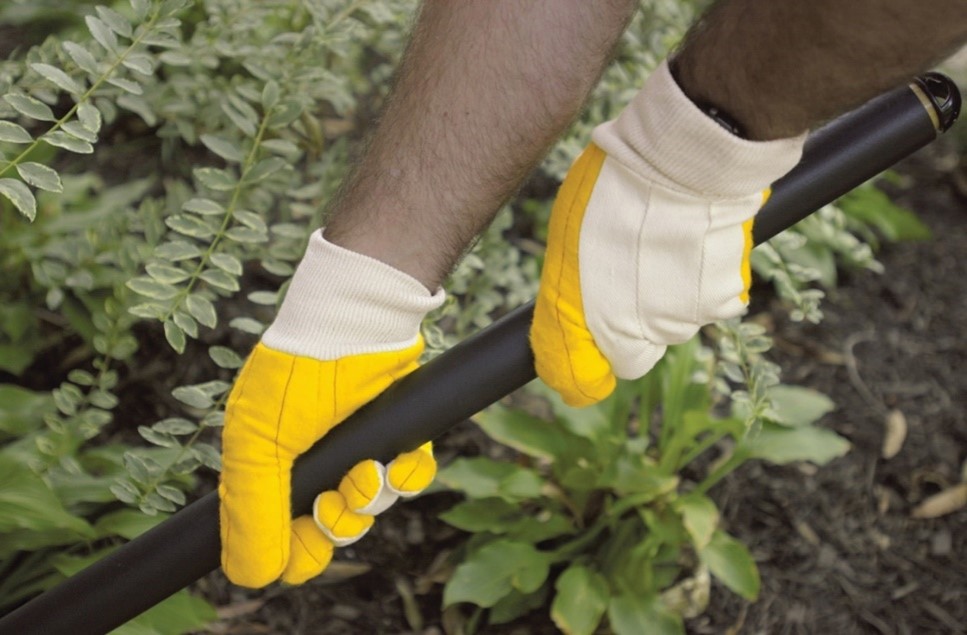
Chore Gloves Used for Landscaping
- Oil & Gas – worn to protect against light heat applications around boilers and pipes
- Warehousing – worn during package handling in shipping and receiving
In industries such as the oil and gas industry, cotton gloves have proven to be a cost-effective and practical solution to issues such as oil spillage and abrasions.
Glove Types and Applications
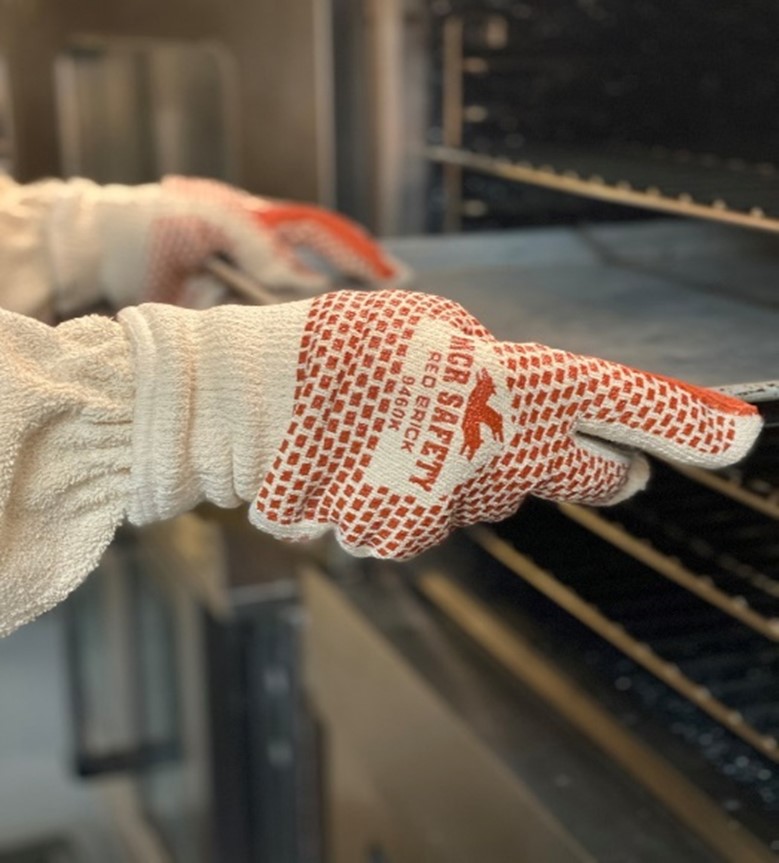
When it comes to cotton gloves, the variations are endless due to different weights, cotton designs, and styles. Most of the variation occurs because users require different types and levels of protection. Someone who is handling hot cooking pans will not wear the same cotton gloves as someone working outside in the garden.
There are eight different types of cotton gloves within MCR Safety's product lineup. Here is a breakdown of each type:
String Knit Styles – As highlighted above, these gloves are manufactured using a machine to knit the product in one piece, and this style is the most popular general-purpose glove worn today.
Canvas Styles – These are cut-n-sewn styles that use a woven cotton fabric made into a clute or reversible style glove. Canvas material is known for being durable and heavy-duty. Keep in mind that a glove's weight is determined by how much one square yard of fabric weighs, not its actual weight. It is based on the fabric's weight in the palm of the hand. Here are three of the most common glove weights:
- 8 oz. glove - material weighs 8 oz./square yard
- 10 oz. glove - material weighs 10 oz./square yard
- 12 oz. glove - material weighs 12 oz./square yard
Double Palms– Sometimes, a little extra padding or protection is called for, so these cotton gloves include a second layer of material sewn into the palm, providing the wearer with increased protection. As with single layer canvas styles, an 18 oz. double palm doesn't weigh 18 ounces. Instead, it incorporates 18 ounces of
Jersey– Ideal for work environments where light abrasion is likely, this glove style is cut-n-sewn and designed to be comfortable and flexible for the wearer.
Inspector Gloves – This type of cotton work glove protects the product rather than the worker by offering protection against scratches or fingerprints. You will find this glove used for lint-free applications and handling electronics.
Hot Mills - Providing increased heat protection, these cotton gloves are constructed with multiple layers in the palm, fingers, and thumb area and are ideal for use in areas where heat contact is a must. Traditionally, any cotton glove using more than 20 ounces of fabric has been viewed as a hot mill glove.
Terrycloth – Offering a small degree of heat and abrasion resistance, these glove styles are either made from knitted material or a cut-n-sewn design. The knitted versions come with loops out, providing a seamless, reversible pattern. Cut-n-sewn types offer additional heat protection due to the extra fabric used.
Coated and Dotted – Some cotton styles come with PVC dots to provide the wearer with increased gripping power and increased abrasion resistance. You will find stringed knit, double palms, jersey, and hot mills gloves in styles that come dotted on one side or both sides.
Keep in mind, that cotton gloves are manufactured with different percentages of blended material within each above category. As mentioned above, cotton easily blends with other materials, such as nylon and polyester. When you find low-priced cotton gloves, it most likely results from different blends added to the cotton.
In addition to different blends, you have different cotton designs. Here is a quick snapshot of the different designs you may encounter within our cotton glove lineup:
- Corded - fabric is made with a ribbed feel, similar to corded jeans. Corded canvas provides greater abrasion resistance versus standard woven canvas material.
- Loop-In- knitted terrycloth loops face inward for better comfort. Loop-in allows for smoother material on the outside, which provides better abrasion resistance. You will often find these gloves used as insulation in cold environments.
- Loop-Out - knitted terrycloth loops face outward, making the glove more heat-resistant. Loop-out allows better airflow, which cools the cotton material and creates a better heat barrier. Users who work around metal burrs and risk snagging the material every day should consider a loop-in option.
- Nap-In- fuzzy napping material is on the inside of the woven glove. It creates a soft side on the glove's interior, providing increased comfort and a slight heat barrier to the hand. With the coarser material on the outside, the user will gain better abrasion resistance.
- Nap-Out - fuzzy napping material is outside the woven glove, which will provide the wearer with a better grip. In situations where leaving a mark is a concern, users will opt for the nap-in option.
Common Requests
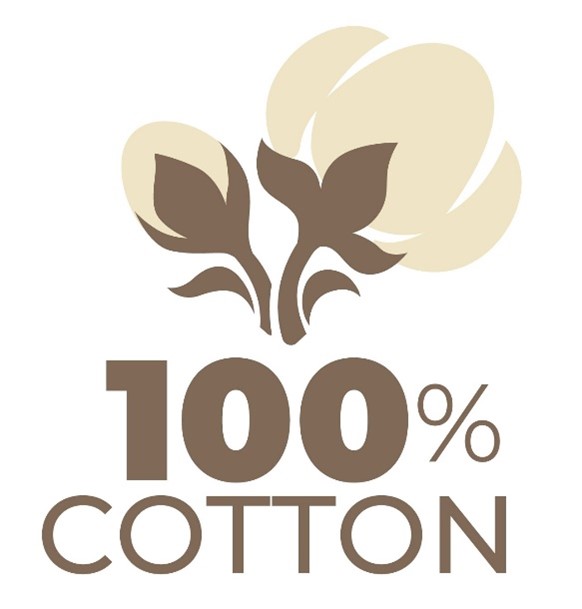
Within the different cotton glove options we stock, users have noted which features they prefer. Here are some of the most common requests:
100% Cotton - Due to cotton's versatility, you'll find all kinds of fibers blended with cotton. However, those who only want cotton seek out 100% cotton construction styles. Our 9506LM is made for that purpose.
Black- When you want to hide some of the dirt and grime, darker-colored black cotton gloves are perfect. Plus, black is always a stylish-looking color to wear!
Fingerless – Dexterity, and flexibility are essential, but sometimes a little extra sense-of-touch is needed. Fingerless cotton gloves allow for just that, and our 9509 is one style that users seek out when they require a fingerless design.
Liners- Anyone cooking, especially BBQ, may want to throw a pair of disposable gloves over cotton liners. This allows the user to gain some heat resistance and waterproof protection. The 9613LM is a lightweight, popular seller. For those who need more precise heat-resistant information, be sure to check out our ITC article.
Natural – Many wearers request styles that feature a natural tan color. All glove types featuring this look can be found here.
Thin Inspection Gloves – When the concern is about keeping a product clean and spotless, these gloves are a perfect fit. Our 8614C or 8600C are two of our top selling styles.
White – With a reputation of being top-class, white gloves are ideal for many workplace environments, especially when worn during hot weather months. The 9616LM is one of our most popular options. Here is a link to all our white cotton gloves.
Frequently Asked Questions

Does cotton shrink?
- Most cotton products do shrink due to heat and steam from washers and dryers. We recommend reading over our washing instructions for cotton gloves if you plan on laundering your gloves.
Where can I buy cotton gloves?
- MCR Safety manufactures and wholesales products through a vast nationwide network of industrial distributors. If you utilize our request a quote website, https://www.mcrsafety.com/en/request-a-quote, we can provide contact information for local companies stocking this glove in your area. Or, you can expedite the product by visiting our Buy & Try website. After your initial order, we can have a local distributor begin stocking this glove for future repeat purchases.
Customers often ask the following questions regarding where to buy cotton gloves:
- Where can I buy white cotton jewelry inspection gloves locally?
- Where can I buy cotton white work gloves with red stitching and red cuffs?
MCR Safety offers both inspection gloves andred-stitched cuff cotton gloves in our lineup, so request a quote or visit the Try & Buy website to learn more.
What to coat cotton like gloves to make waterproof?
- We recommend placing a latex or nitrile disposable glove over a cotton glove, which will provide a waterproof layer of protection for the cotton glove.
Protecting You with Comfortable Cotton
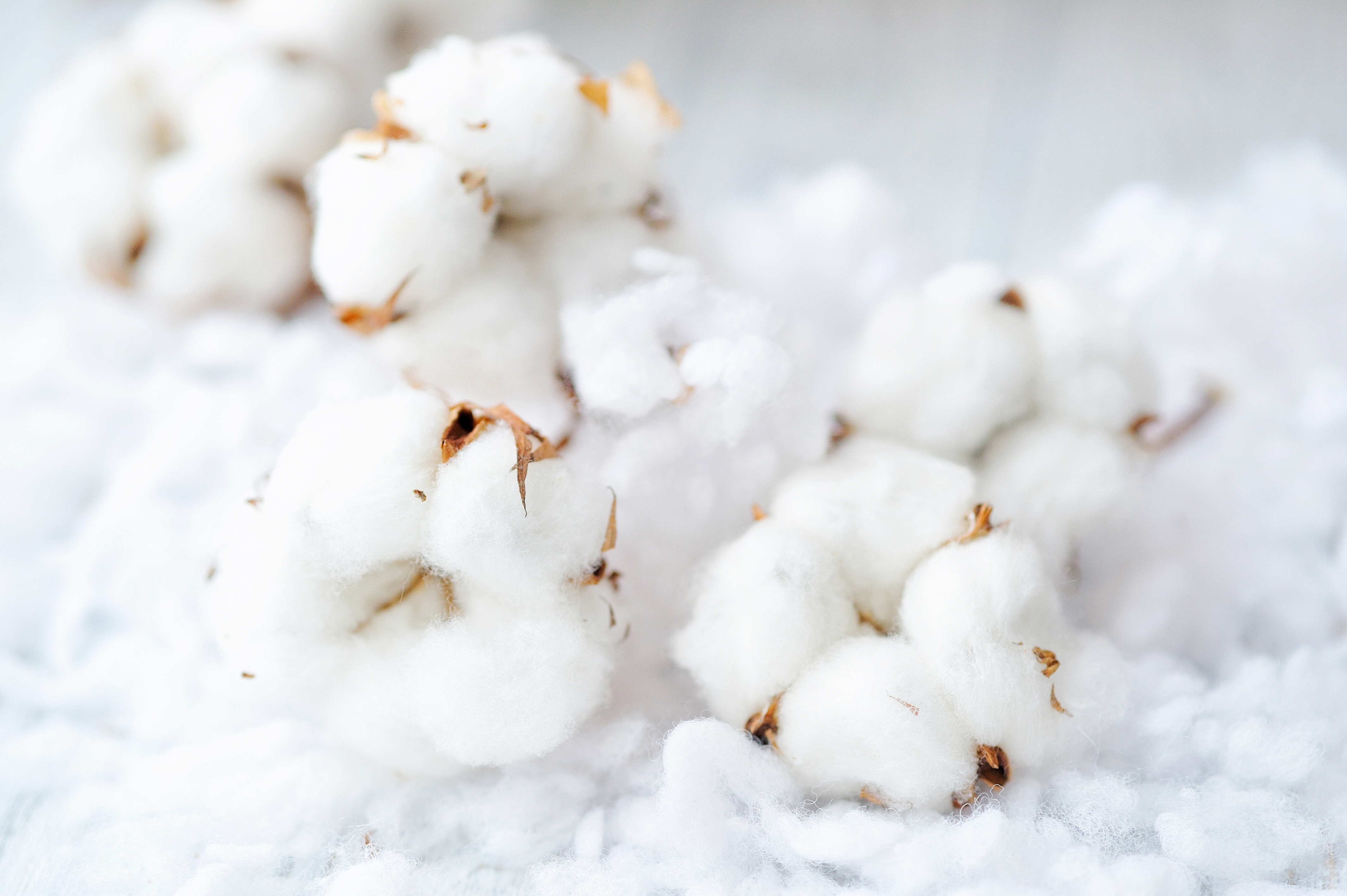
For over four decades, MCR Safety has been an industry leader in all things PPE, including cotton gloves. As long as cotton material continues to offer protective qualities, you can be assured you'll find cotton gloves stocked by MCR Safety.
We welcome any comments, feedback, or suggestions for how we can best protect people at work.
For over 45 years, MCR Safety has proven to be a world leader in gloves, glasses, and garments. Whether it's on the shop floor, an oil rig, or a construction site, we are there to provide solutions to workplace hazards. It's all part of our commitment to protect people.
No matter your industry, we have the personal protective equipment you need.

Learn more about MCR Safety by checking out our most recent video. For more information, browse our website, request a catalog, find a distributor, or give us a call at 800-955-6887.


